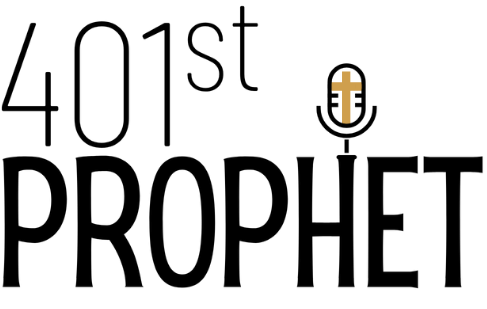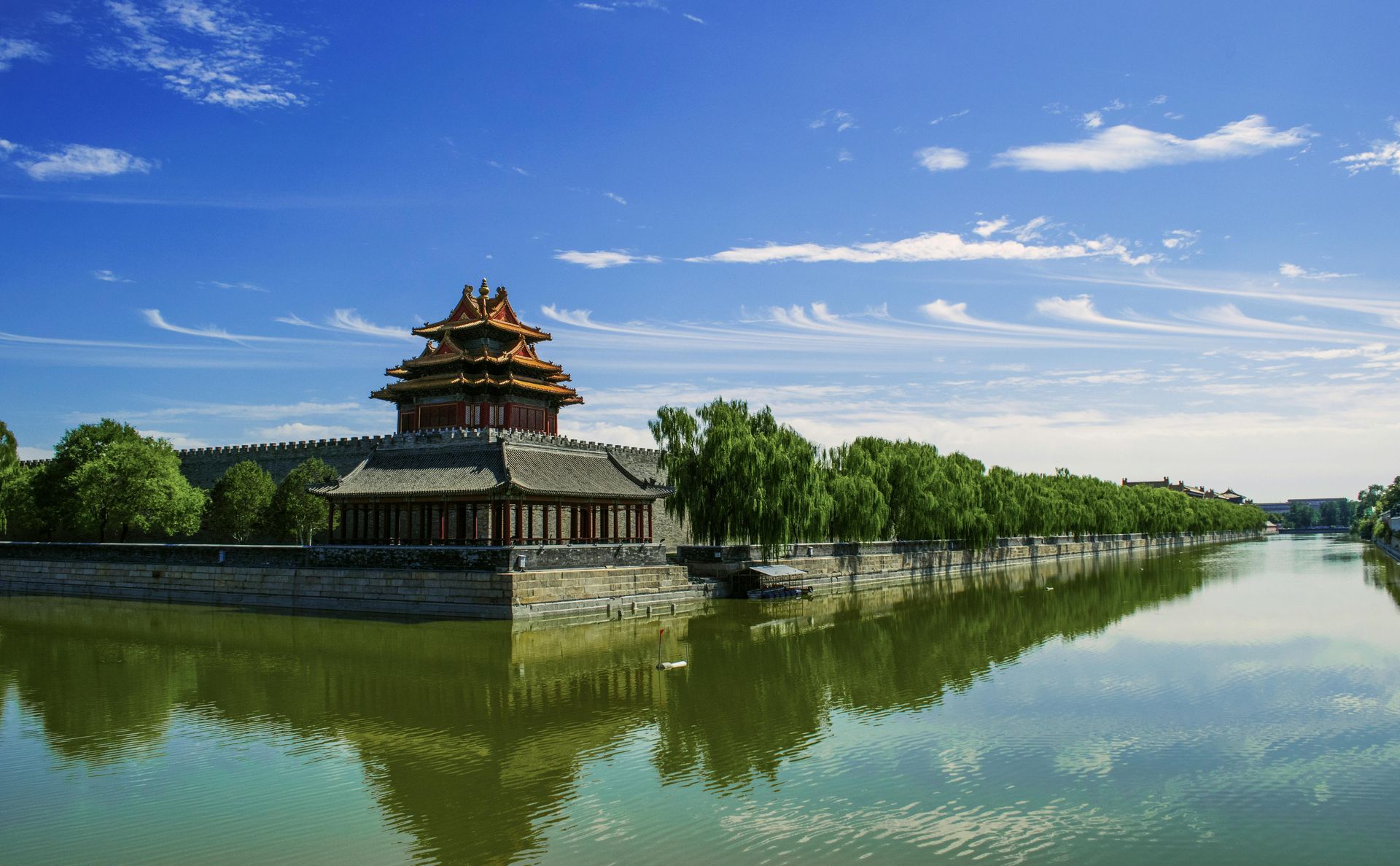Luther's Revolution
How one man's search for God changed the world
Martin Luther Revolutionized the World
This past week we endured another Halloween. There were quite a few articles on its negative effects including several on how Halloween costumes are becoming more and more obscene. But all the noise obscured why the date really matters. On Halloween, 1517, an event occurred that has transformed the world in ways we cannot even imagine. It was the day Martin Luther began the Protestant Reformation, the most important development in religion and history since the birth of Christianity.
The Reformation is an example of how one man’s pursuit of God transformed world civilization, and why your personal relationship with Christ, really, really matters.
Luther was a monk but had no peace with God. He was a brilliant scholar and he began to study the New Testament. He arrived at Romans 1:17: “The righteous shall live by faith.” The scales fell off his eyes and he realized he was saved by grace alone through faith alone plus nothing. He devoted the rest of his life to spreading this message and its implications.
Let me share with you seven ways the Protestant Reformation transformed the world.
1. Individualism. Luther argued that the Bible taught salvation was between you and God. It was your decision to become a Christian and seek the will of God. He argued that every believer was his own priest. You did not need to go through the church or clergy to get to God. You went directly yourself because Christ was your mediator. All this reduced the power of the religious hierarchy of the late middle ages which put the church in charge of your salvation and the rest of your life. The church remained crucially important, but it didn’t save you. If the church doesn’t save you it radically changes the role it exercises in your life. I was talking with a Jewish scholar on campus one day and our discussion eventually led to Luther. He said he did not like Luther’s views on many things but would be eternally grateful to him. Why? I asked. “Because he gave us our freedom.” The Reformation bestowed great freedom—and responsibility—on the individual.
2. Democratic institutions. This is the logical next step with an emphasis on the individual. Writing about Christianity in China David Aikman talks about the political implications of the growth of Protestant Christianity. The Christians in China are not interested in politics. They do not seek to overthrow the government. But when a person individually pursues a relationship with God it puts great emphasis on the individual in other walks of life. Like politics. So Aikman argues that the growth of Christianity in China is an unintentional political force for democracy by its very nature. Most Protestants run their churches by a democratic process. It is only natural for this to seep into their political views.
3. Education. One time I was invited to address the Residential Hall Association banquet at the University of Colorado. My topic was how the Reformation had transformed education. By holding that God communicated with us in written form through the Bible it put great emphasis on literacy. And the Protestants led the world in installing universal and compulsory education as a routine part of modern life. The British journalist, Edward Luce, has written an excellent book on India, “In Spite of the Gods.” Luce loves India but he bemoans the fact that there is widespread illiteracy in the country. He made an interesting observation: “Hindu philosophy has produced some of the most sophisticated abstractions the world has known. But it has never produced a Martin Luther.” Luce attributed the high levels of literacy in the West—of both men and women—to the influence of Martin Luther and the Protestant Reformation. Reformation countries quickly grew into the most literate nations in the history of the world. This led, of course, to scientific and technological growth, as well as advances in every area of human endeavor.
4. Rule of law. Men are to be governed, not by capricious tyrants or hierarchies, but by fixed laws, written down for everyone to read and know. Stressing God’s Word as written, the rule of law was elevated. The idea that our religious lives are led by a written document led to written documents governing other areas of our lives. Like constitutions. Americans have always revered their written constitution and want to preserve its wisdom and influence. The attack of the Progressive Left on the constitution goes hand in hand with their attack on Christianity and the role the written Word of God plays in our lives. The great economist, Thomas Sowell, says the rule of law is the most important contribution the West has made to world civilization. That concept is almost wholly a result of Luther’s revolution in how we view the Bible.
5. All Callings are God’s callings. The medieval church had split Christians into two categories—the truly religious like the monks. And everyone else. Luther and the Reformers changed all that. They argued that not only was every believer his own priest, but every calling was equally divine. Calvin said the merchant is just as called by God as the minister. In his book, How the West Grew Rich, Nathan Rosenberg, a Stanford economic historian lists this as the number one reason for the economic growth of the West.
6. Free market economics. Protestant nations were the first in history to operate with free market economic conditions. Why is this important? Because every growth economy in world history is a free market economy. Essentially all economic growth has been produced by capitalist principles. When you think of the word capitalism you think of money. You shouldn’t. Capitalism is synonymous with freedom. That’s the word that should come to your mind. We owe our wealth to the economic freedom generated by the Reformation. The Reformers dignified labor and money making. Creating wealth was not a sin but a gift from God to be used for the betterment of mankind. In addition the reformers stressed sound money principles. The number one way governments have stolen from their people is by inflating their currency. We see inflation out of control right now and it is a creation of government policy. The reformers demanded that government produce sound currency, an essential building block for economic growth.
7. Family life and sexual ethics. Luther elevated the family to the top of the Protestant hierarchy and was critical of the medieval monastic system, one he had been a part of for many years. He married Katarina von Bora, a former nun, and they raised a wonderful family of six children. This also transformed life for women. In the late middle ages most priests had concubines who were viewed with contempt by their communities. When they married they became the pastor’s wife. Their status went from contempt to the highest echelons of society. Secular feminist historians love Luther and Calvin for their elevation of women. The Reformation also changed attitudes toward sexual behavior. The middle ages had taken its cue from Augustine and viewed sex as something necessary but on the edge of sinfulness. Luther elevated it as a sacred part of family life. Historians have written endless books about Luther’s family revolution and the positive role it has played in modern life.
These are seven changes brought about by the Reformation that have radically transformed modern life. One historian said that the Protestant Reformation invented the modern world. Interestingly, Luther was not out to change the world. He simply wanted to find peace with God. But in the process of finding that peace he inaugurated one of the greatest revolutions of all time. Your life follows the same trajectory. You seek the will of God and in the process everything changes. You can’t calculate your impact. It lasts forever.
Thanks for listening. May the God who brought about the Protestant Reformation through his work in the heart of one man, bless you this day in a mighty way.
More: Mark Tooley, “Our Great Debt to the Reformation;” https://wng.org/opinions/our-great-debt-to-the-reformation-1667215890?mkt_tok=NzEwLVFSUi0yMDkAAAGHzWEirDYcM5YPf_jLunN8tbEfP4n056yxTbEzANITC5Bb89FU34KkJPFHpTQr9sfY9yXkQHJkbOXjcMdWoRs5aIxSADHfyyntGX3UMF0QD9s
Jerry Bowyer, “What Does the Reformation Have to Do with Economics? More Than You Might Think;” https://wng.org/opinions/what-does-the-reformation-have-to-do-with-economics-1667217667?mkt_tok=NzEwLVFSUi0yMDkAAAGHzWEirVmLSYsu36_HeBQRZrvkfblUUqU_ZT1s5vb-S-ae6axqmVzuPDU7LuZDwuJ4urn6Rs3vVMcfH6fO1NqTWnaynGMNrIj5gg4Dr0ZlQ0c










